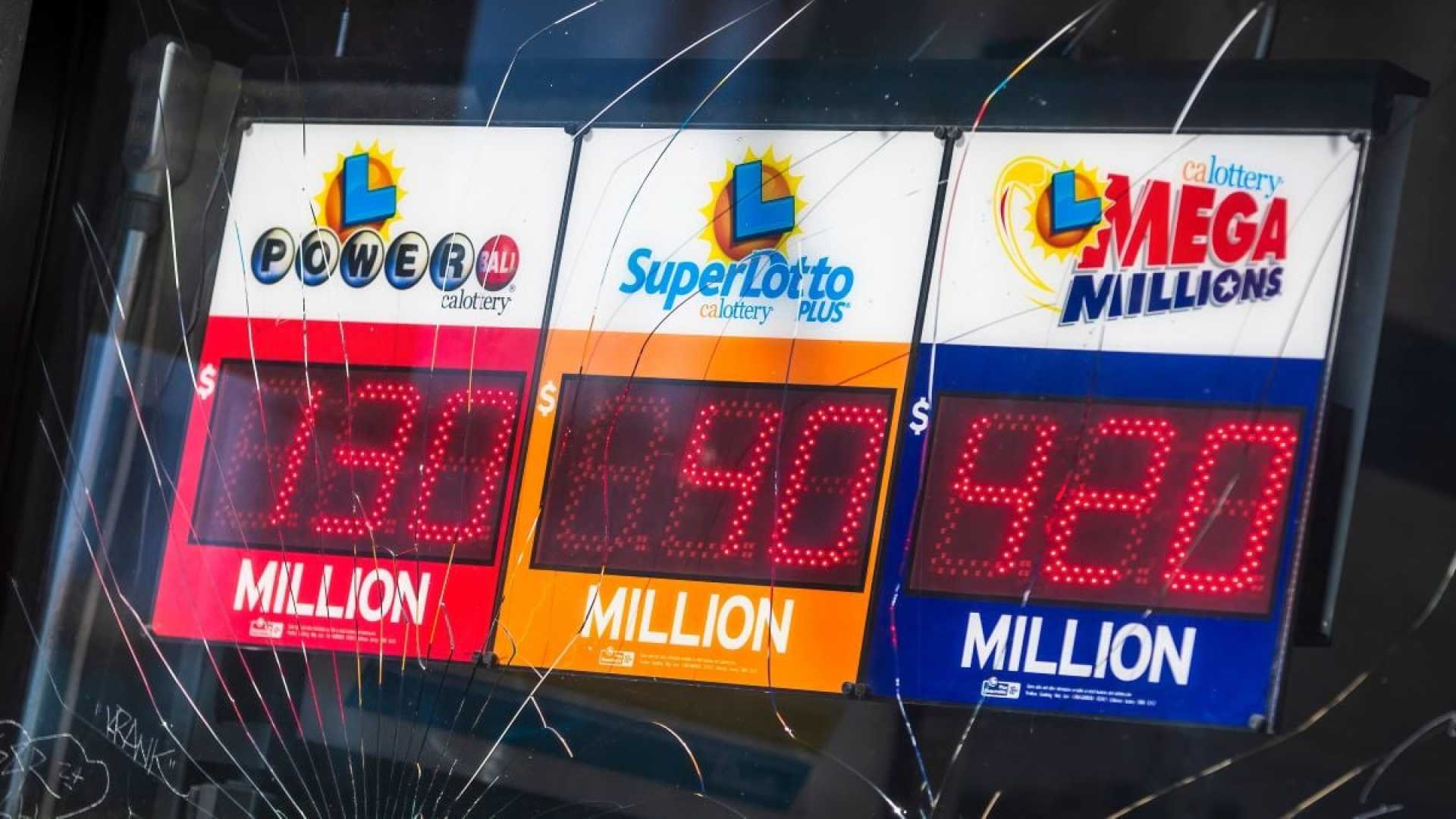Business
Oregon Lottery Eyes New Rules Amid Ticket Sale Controversy

Salem, Oregon — The Oregon Lottery Commission will meet this Friday to consider strict rules aimed at clamping down on dubious ticket sale practices, ensuring the integrity of its games, and maintaining its revenue from the popular Mega Millions and Powerball lotteries.
The proposed regulations, which will undergo a public comment period before a formal vote later this fall, are a response to written complaints about international sales practices that have raised concerns among lottery organizations.
“Failure to act promptly may jeopardize Oregon’s participation in national games such as Powerball and Mega Millions,” the agency noted. It also acknowledged that its lack of regulations may inadvertently breach international law.
The move comes after the state lottery received numerous complaints from other lotteries regarding sales by an Australian company, The Lottery Office, which has been purchasing tickets on behalf of customers from Australia and New Zealand. Since 2018, Mike Platzer, a Lottery Office employee, has claimed $6.2 million in winnings from tickets bought in Oregon.
The complaints led lottery officials to warn that Oregon could lose access to these lucrative multi-state games unless the issues were addressed. Michael Wells, the Oregon Lottery director, was urged to act quickly amidst fears of potential sanctions.
The proposed rules would particularly limit sales to customers beyond Oregon, with Melanie Mesaros, a lottery spokesperson, stating that these changes aim to end sales practices that violate state laws. The rules would impose stricter requirements on courier services, which have been operating with little oversight, allowing them to sell tickets to out-of-state customers.
Additionally, the regulations would ban bulk purchases, aimed at preventing individuals from rigging jackpots through mass ticket buying, similar to past incidents in other states. The commission is looking to limit any single group from obtaining over 50,000 tickets in the same Scratch-It game.
Implementing a recent law, the proposed regulations would also allow lottery winners to remain anonymous and prohibit the practice of ticket discounting—where individuals buy winning tickets at a discount and claim the full payment from the lottery.
The Oregon Lottery estimates that discontinuing international sales could lead to a drop in gross revenue between $33 million to $55 million annually, but for lottery officials, protecting the integrity of their games is paramount.
Public comments on the proposed rules will be accepted until August 29, giving citizens the opportunity to voice their opinions on the changes.












